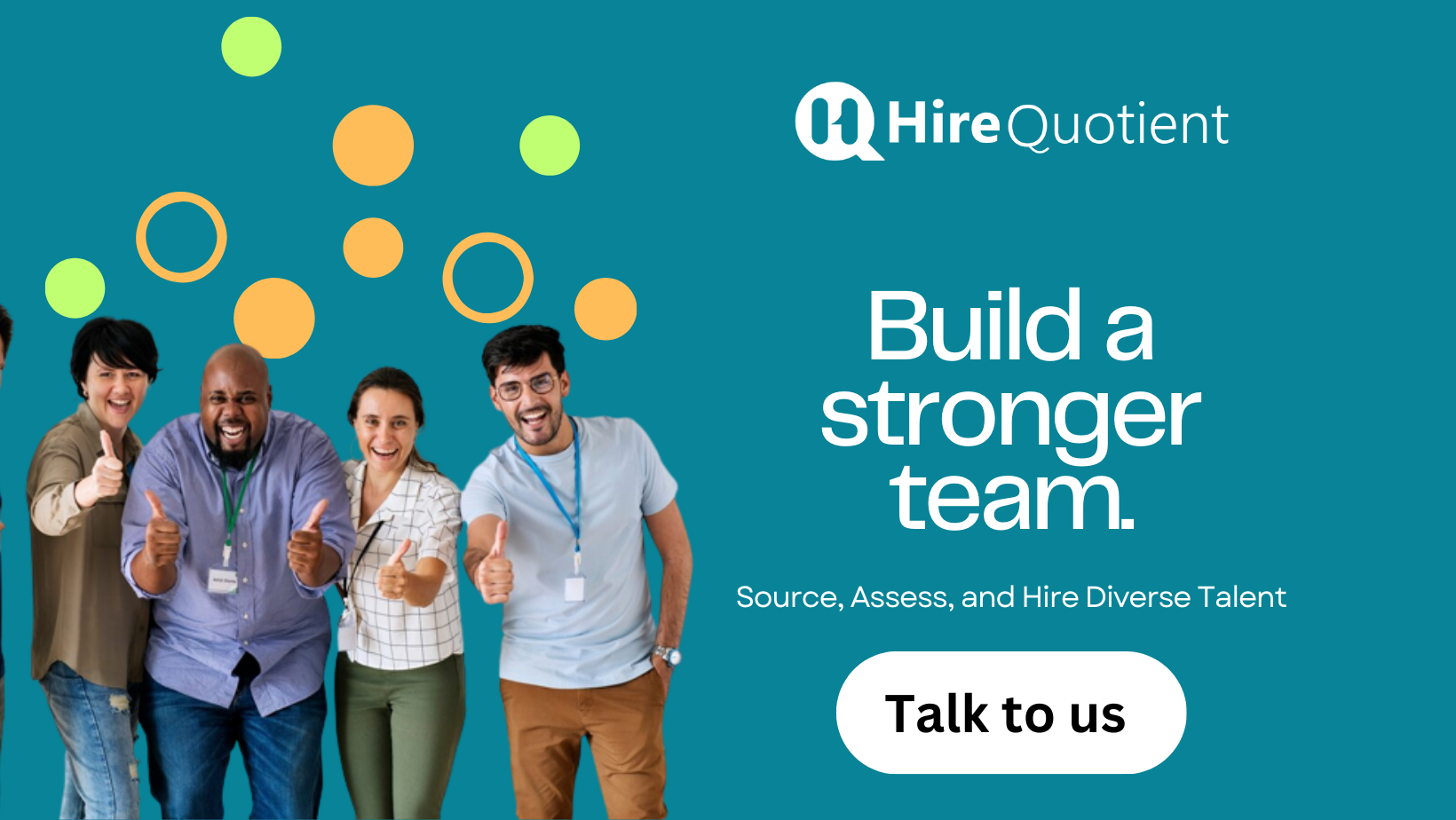Accessibility Company Policy
Published on July 1st, 2023
An Accessibility Company Policy is a set of guidelines and practices implemented by an organization to ensure equal access and inclusion for individuals with disabilities. It outlines the organization's commitment to creating an accessible environment and provides a framework for addressing accessibility barriers in various aspects of the company's operations.
An Accessibility Company Policy typically covers the following areas:
Workplace Accessibility: It includes provisions for physical accessibility, such as accessible entrances, ramps, elevators, restrooms, and designated parking spaces for individuals with disabilities. It ensures that the physical infrastructure is designed and maintained to accommodate employees and visitors with disabilities.
Digital Accessibility:
This aspect focuses on making digital platforms, websites, applications, and electronic communications accessible to individuals with disabilities. It may involve conforming to recognized accessibility standards like the Web Content Accessibility Guidelines (WCAG) to ensure equal access to information and services.
Reasonable Accommodations:
The policy outlines the organization's commitment to providing reasonable accommodations for employees with disabilities. It ensures that employees have access to necessary assistive technologies, adaptive software, ergonomic equipment, or other accommodations that enable them to perform their job duties effectively.
Training and Awareness:
The policy emphasizes the importance of training and awareness programs to educate employees about disability etiquette, accessibility best practices, and the organization's commitment to inclusion. These initiatives empower employees to create an inclusive environment and interact respectfully with individuals with disabilities.
Compliance with Laws and Standards:
The policy ensures that the organization adheres to applicable local and international laws and regulations related to accessibility, such as the Americans with Disabilities Act (ADA) or other relevant accessibility standards.
Continuous Improvement:
An Accessibility Company Policy emphasizes the organization's commitment to ongoing improvement. It encourages regular assessments, feedback collection, and adjustments to enhance accessibility practices and policies throughout the organization.
By implementing an Accessibility Company Policy, organizations demonstrate their commitment to promoting equal opportunities, fostering inclusivity, and removing barriers for individuals with disabilities. Such policies create a foundation for an accessible work environment that values diversity, enables employee engagement, and ensures equal access to services for customers and stakeholders.
Accessibility company policy Email for employees
[Company Name]'s Accessibility Company Policy
Effective Date: [Date]
At [Company Name], we are committed to fostering an inclusive and accessible work environment for all individuals, including those with disabilities. We believe in equal opportunities and are dedicated to ensuring that our employees, customers, and stakeholders can fully participate in all aspects of our organization. To support this commitment, we have established the following Accessibility Company Policy:
Compliance with Applicable Laws:
We will adhere to all relevant local and international laws and regulations pertaining to accessibility, including but not limited to the Americans with Disabilities Act (ADA) and other applicable accessibility standards.
Equal Employment Opportunities:
We provide equal employment opportunities to all individuals, regardless of disability. We will make reasonable accommodations during the recruitment, hiring, training, and advancement processes to ensure equal participation and advancement opportunities for qualified employees with disabilities.
Accessible Workplace:
Our physical workplace will be designed, maintained, and modified to ensure accessibility for employees and visitors with disabilities. This includes providing accessible entrances, parking spaces, ramps, elevators, restrooms, and other necessary accommodations.
Assistive Technologies and Tools:
We will provide reasonable accommodations and assistive technologies to enable employees with disabilities to perform their job duties effectively. This may include screen readers, captioning services, adaptive software, ergonomic equipment, and other assistive devices as needed.
Digital Accessibility:
We are committed to making our digital platforms, websites, applications, and electronic communications accessible to individuals with disabilities. We will strive to conform to recognized accessibility standards, such as the Web Content Accessibility Guidelines (WCAG), to ensure equal access to information and services.
Training and Awareness:
We will provide ongoing training and awareness programs to educate our employees about accessibility best practices, disability etiquette, and the importance of inclusion. This training will empower employees to create an inclusive and respectful environment for individuals with disabilities.
Continuous Improvement:
We are dedicated to continuously improving our accessibility practices and policies. We will regularly assess and review our accessibility measures, gather feedback from employees and stakeholders, and make necessary adjustments to enhance accessibility throughout our organization.
Accessibility Coordinator:
We will appoint an Accessibility Coordinator who will be responsible for overseeing the implementation of this policy, addressing accessibility concerns, and serving as a point of contact for employees and stakeholders regarding accessibility-related matters.
[Company Name] is committed to promoting accessibility, inclusivity, and equal opportunities for individuals with disabilities. We believe that by embracing accessibility, we create a stronger and more vibrant organization that values diversity and empowers all individuals to reach their full potential.
For questions or concerns regarding our Accessibility Company Policy, please contact our Accessibility Coordinator at [Contact Information].
Signed,
[Authorized Representative]
[Title]
[Company Name]
The Importance of an Accessibility Company Policy
In today's rapidly evolving business landscape, diversity and inclusion are no longer optional add-ons but essential components for success. One crucial aspect of inclusivity is ensuring accessibility for all individuals, including those with disabilities. An accessibility company policy plays a vital role in fostering an inclusive work environment and meeting the needs of employees, customers, and stakeholders. This article explores the significance of an accessibility company policy and highlights its benefits for organizations.
- Promoting Inclusivity and Equal Opportunities:
An accessibility company policy sets the foundation for equal opportunities by providing guidelines and standards for accommodating individuals with disabilities. It aims to eliminate barriers and create an inclusive workplace culture that values diversity. This policy underscores an organization's commitment to promoting fairness and ensuring that everyone can participate fully and equally.
- Meeting Legal Requirements:
Implementing an accessibility company policy helps organizations comply with local and international laws and regulations concerning disability rights. Many countries have enacted legislation, such as the Americans with Disabilities Act (ADA) in the United States and the Equality Act in the United Kingdom, which mandate equal access to employment, services, and facilities. Having an accessibility policy ensures that businesses are aligned with legal obligations and avoids potential legal consequences.
- Enhancing Employee Engagement and Productivity:
An inclusive work environment that caters to the needs of employees with disabilities fosters higher engagement and productivity levels. When individuals feel supported and empowered, they can contribute their unique talents and perspectives more effectively. By implementing accessibility measures outlined in the policy, such as physical accommodations, assistive technologies, and flexible work arrangements, employees can perform at their best, leading to improved overall performance and job satisfaction.
- Improving Customer Satisfaction:
An accessibility company policy not only benefits internal stakeholders but also enhances the customer experience. By ensuring accessibility across products, services, and digital platforms, organizations demonstrate a commitment to inclusivity and provide equal access to all customers. This proactive approach can foster customer loyalty, attract a broader customer base, and enhance the organization's reputation.
- Building a Positive Brand Image:
Companies that prioritize accessibility and inclusivity cultivate a positive brand image. Customers, partners, and potential employees appreciate organizations that demonstrate social responsibility and a commitment to equal opportunities. An accessibility policy showcases a company's dedication to creating a diverse and inclusive workplace, enhancing its attractiveness as an employer and strengthening its reputation in the market.
- Implementation and Continuous Improvement:
To effectively implement an accessibility company policy, organizations should establish clear procedures, assign responsibility to designated personnel, and provide training and resources to employees. Regular assessments and feedback mechanisms are essential for monitoring progress and identifying areas for improvement. Continuous engagement with employees and stakeholders ensures that the policy remains relevant and responsive to evolving accessibility needs.
Check out other company policies:

Hire the best without stress
Ask us how
Never Miss The Updates
We cover all recruitment, talent analytics, L&D, DEI, pre-employment, candidate screening, and hiring tools. Join our force & subscribe now!
Stay On Top Of Everything In HR

